By Aline Herrera, project analyst at IDIS
There is a place for everyone at the table to promote social change. This was how Julia Brindisi, Head of Philanthropic Investments for the Americas at the Tony Blair Institute for Global Change (TBI) started the closing session at the Brazilian Philanthropy Forum 2024.
Interlacing the last loose ends that united the event, the final panel discussed the collaboration between different actors and different perspectives to promote a fairer and more prosperous world. The panelists, Grace Maingi, Executive Director of Kenya Community Development Foundation (KCDF); Cláudia Soares Baré, Executive Director of Fundo Podáali; and the aforementioned Julia Brindisi, presented different perspectives and tools that, laced together, are able to strengthen each other.
Watch the entire session
Governments, communities, individuals, philanthropic organizations and native populations can (and should!) work together to weave a better future. The cross-sector coordination was highlighted as a key element for the reduction of inequalities and the promotion of social justice. For Claudia Baré, the responsibility for the development of a proper living is a collective responsibility:
 “We’re not able to live properly. Living properly is not only living well, living properly is making all of us, regardless of being Indigenous people or the quilombolas or non-indigenous populations, but it’s also for all of us to have a quality of life and for us to be able to make everyone have air that we can breathe in with quality. But all of these responsibilities are placed on the indigenous populations because of the forests, because of the Amazon where we are inserted. And I would like to say that it is not a responsibility of the Indigenous populations, it’s a responsibility that we all have: the Indigenous people, the representatives of companies and organizations that are here, all the citizens and especially the government, because the Brazilian government has the duty of guaranteeing our rights”, says Claudia.
“We’re not able to live properly. Living properly is not only living well, living properly is making all of us, regardless of being Indigenous people or the quilombolas or non-indigenous populations, but it’s also for all of us to have a quality of life and for us to be able to make everyone have air that we can breathe in with quality. But all of these responsibilities are placed on the indigenous populations because of the forests, because of the Amazon where we are inserted. And I would like to say that it is not a responsibility of the Indigenous populations, it’s a responsibility that we all have: the Indigenous people, the representatives of companies and organizations that are here, all the citizens and especially the government, because the Brazilian government has the duty of guaranteeing our rights”, says Claudia.
Philanthropy is not any different: the community spirit drives us to strengthen together an ecosystem that looks out for one another. Grace Maingi said during the session that “true philanthropy is the one capable of promoting systemic change”. For her, philanthropy must speak the language of the communities and integrate itself comfortably into the local reality, serving as a mobilizing instrument. Thus, social investment can support people and communities so that they can become the protagonists of their future.
Beyond getting to know the work done by the three organizations present, the public of the closing panel was able to realize how the interlacing for the construction of a better future passes through, not only collaboration between different groups, but also through the combination of different tools. If, on one hand, TBI invests in advanced technologies and artificial intelligence to reach equity, Fundo Podáali values the traditional knowledge of indigenous people, and KCDF focuses on communities with the same goal. Even though they all seem like completely divergent approaches, reuniting them allows combining innovation and ancestral wisdom, creating new development perspectives capable of reinventing relations.
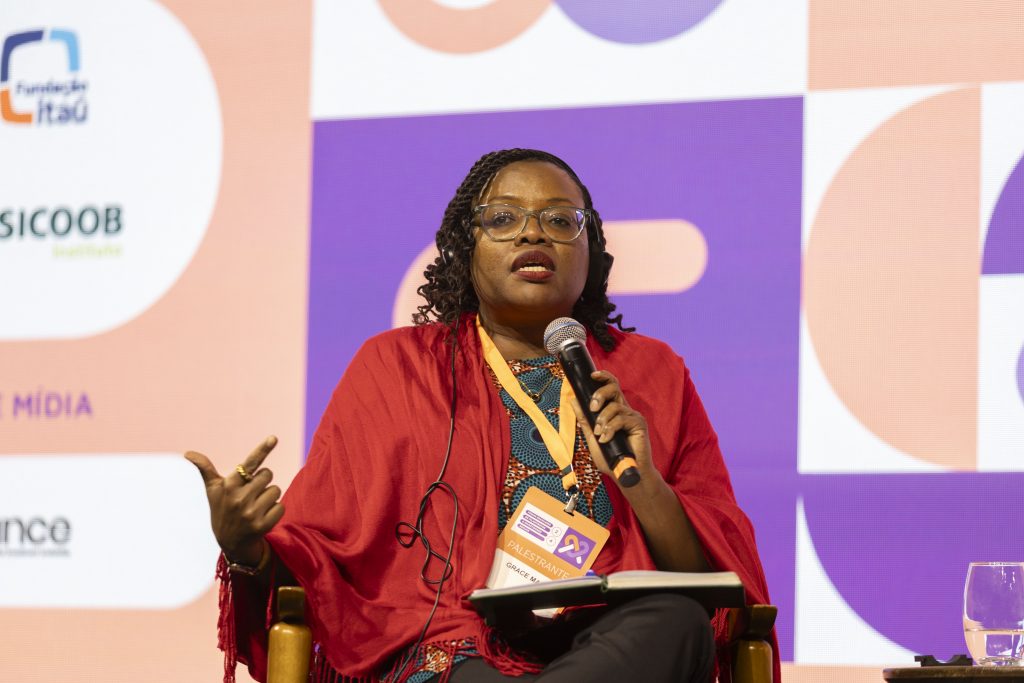
“In terms of the future of philanthropy, I think it’s important for us to recognize that technology will be central to it, to innovation. So, young people, the way we define philanthropy has to make sense to the people who are working and living with communities, it cannot be defined from a foreign land, it has to be understood. I’m a strong believer that we are all philanthropists in one way or the other, we don’t have to have large sums of money to be philanthropists, and really, it’s all about us giving hope.
Generosity is not equal to the wealth that we have or the size of our pockets, but it’s the richness of your heart, so if you are generous from your spirit, from your soul, then you’re able to give and to share and to shape. Philanthropy, I believe, needs to address system change. We need to be able to see the role of the support that it’s given to addressing some of those systemic barriers and challenges, otherwise, then we’re just continuing the ‘hamster’s wheel’. And just from some of the other conversations that happened earlier, is that if we do not then address inequality using philanthropy, we are just enabling a system that is not addressing some of the challenges of the world”, comments Grace Maingi.
Whether it’s encouraging governments, communities or indigenous populations, philanthropy shows its potential to generate systemic transformations. By constructing a philanthropy that will be more inclusive, collaborative and sensible to local realities – central themes of the Brazilian Philanthropy Forum 2024 –, together, we will transform realities and untangle the knots of world inequality.
Photos by: André Porto e Caio Graça/IDIS.

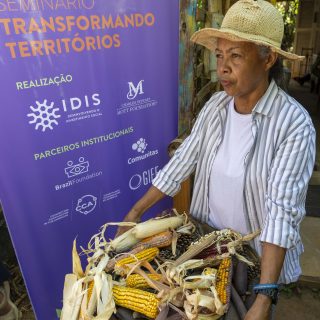
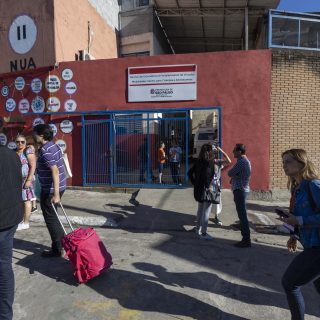

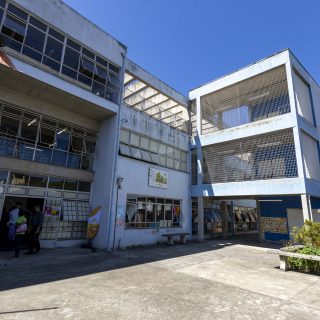

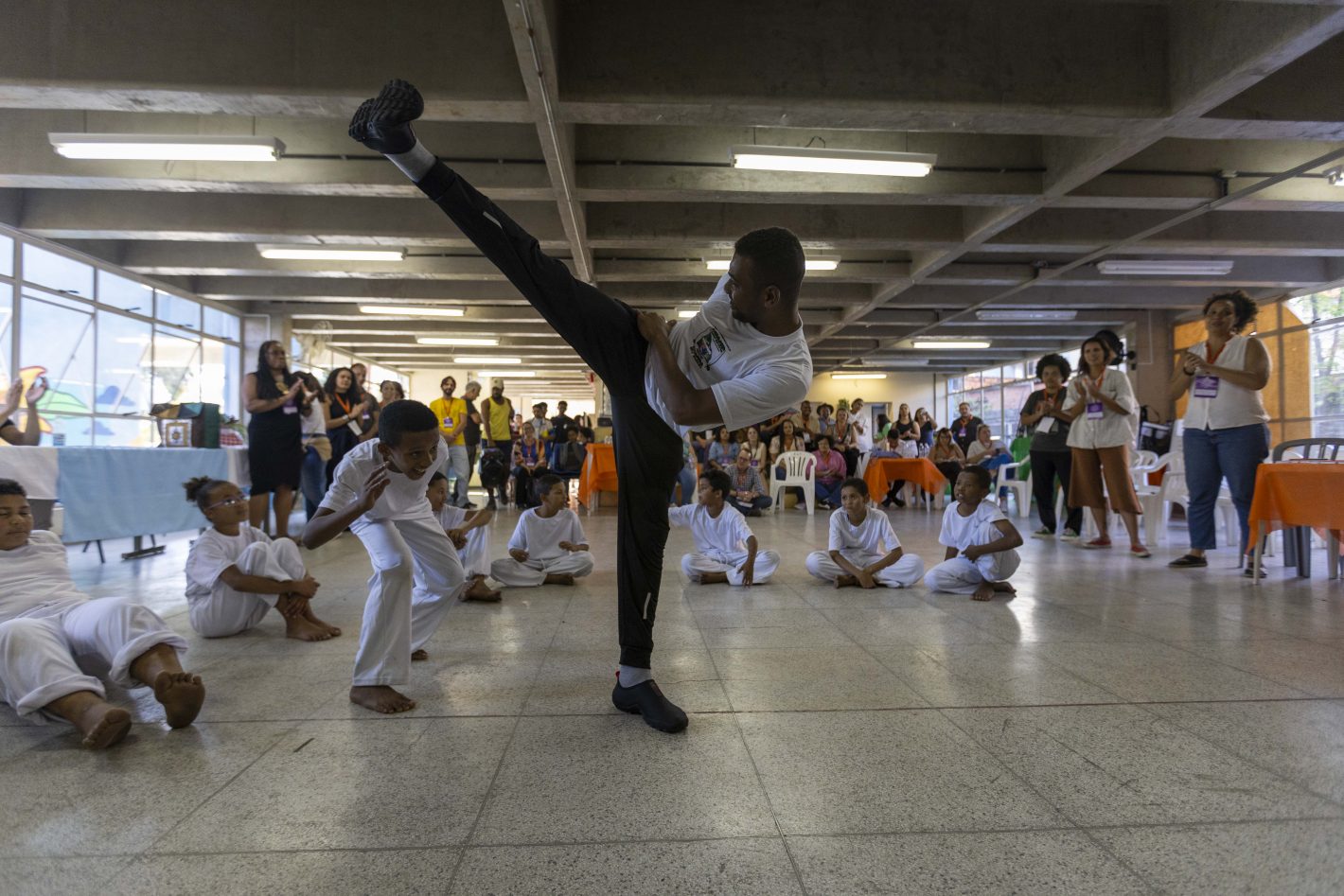
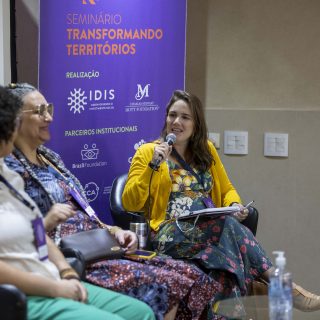
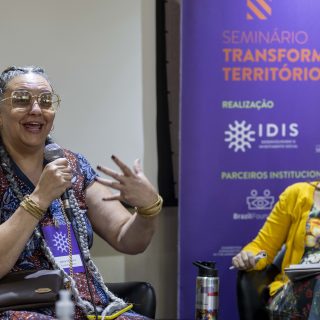
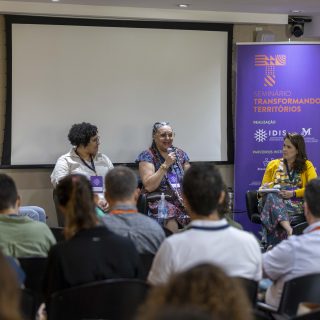
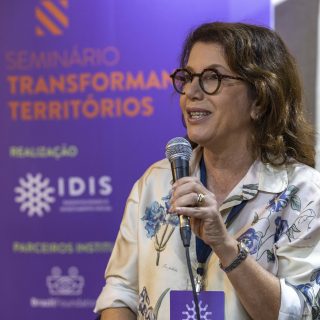
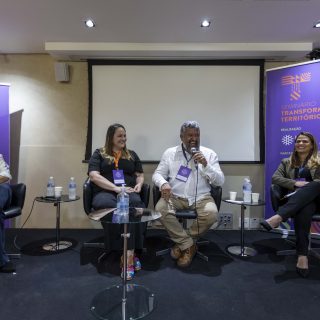
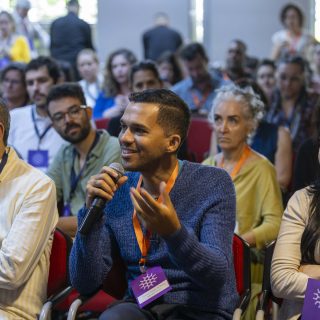
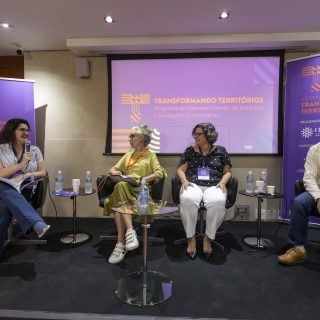
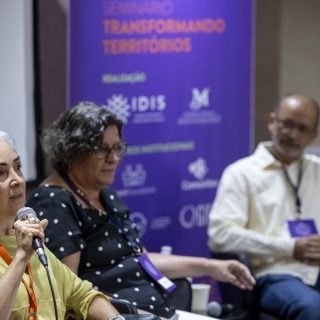
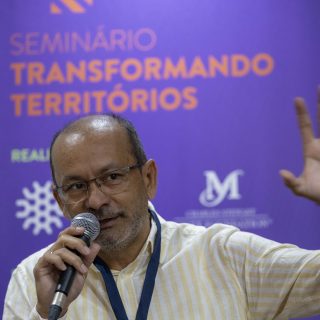
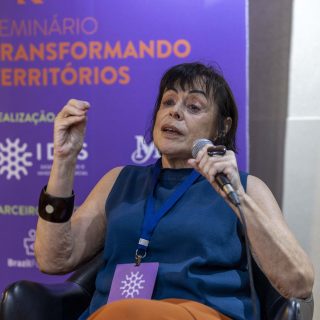
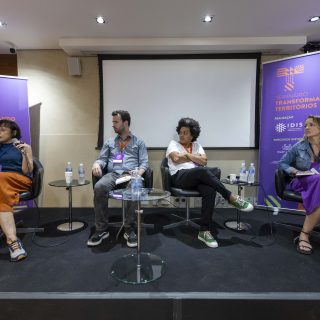
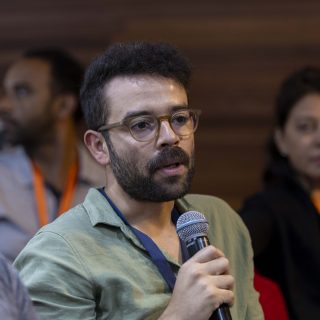
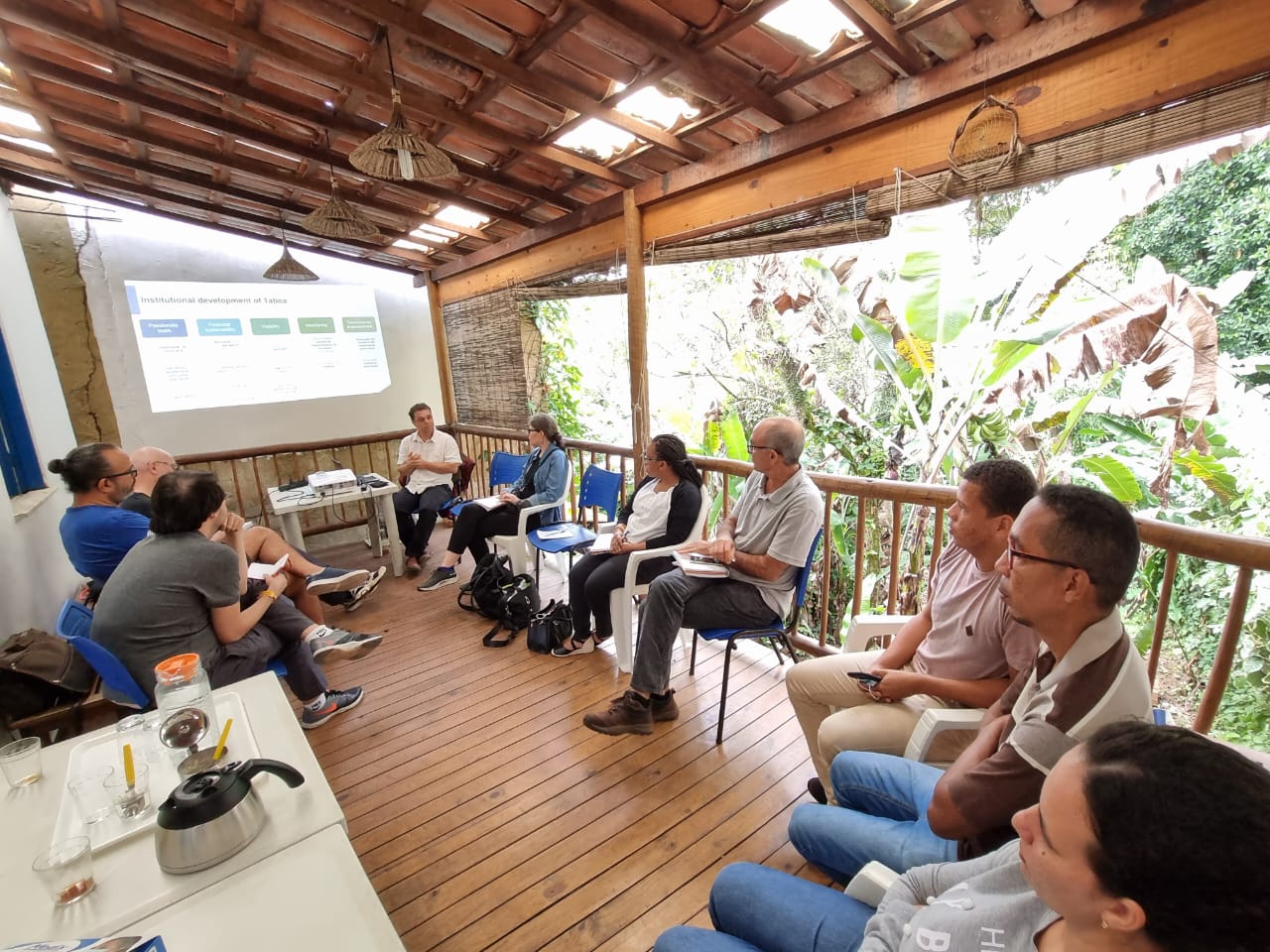
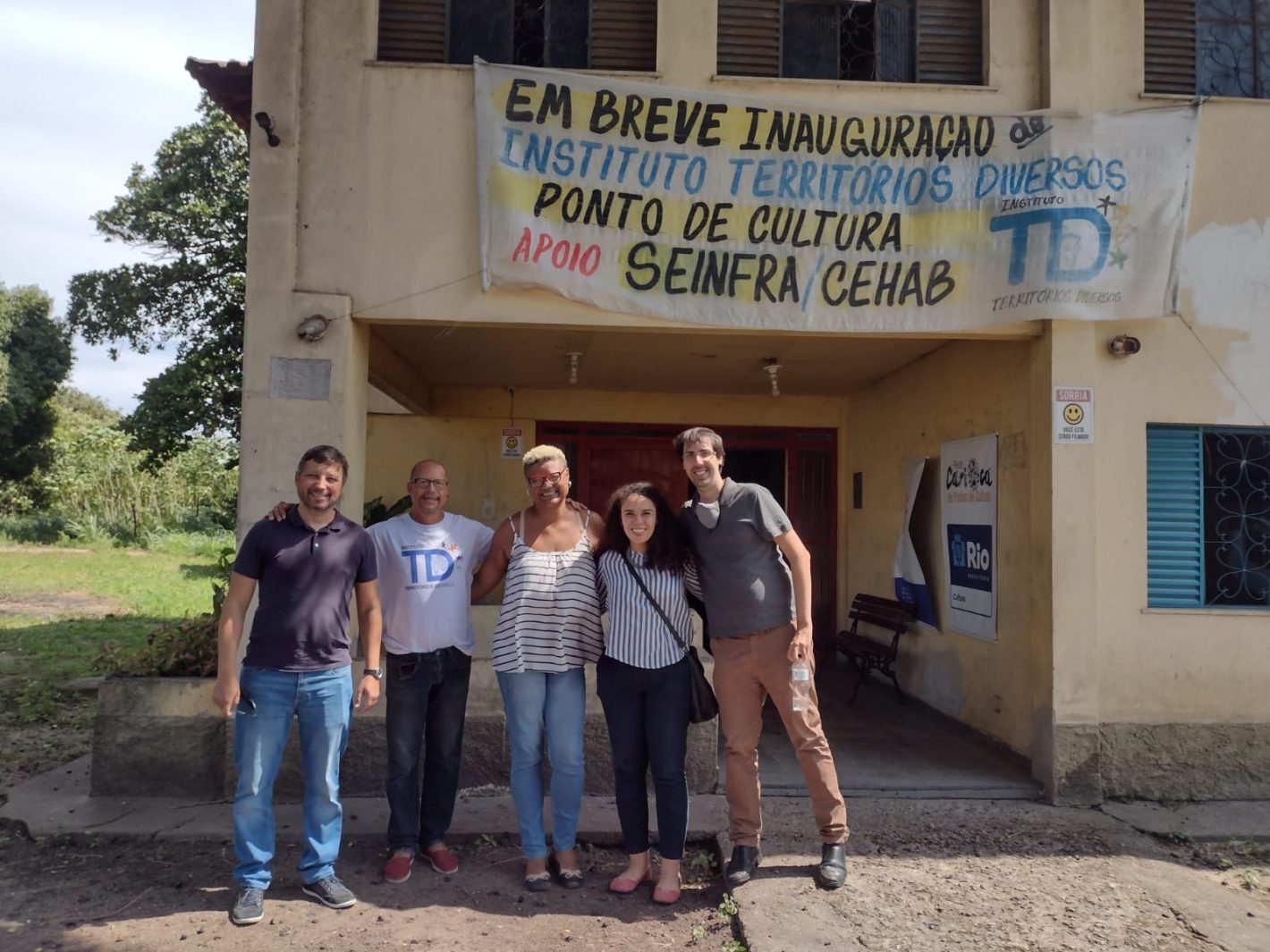
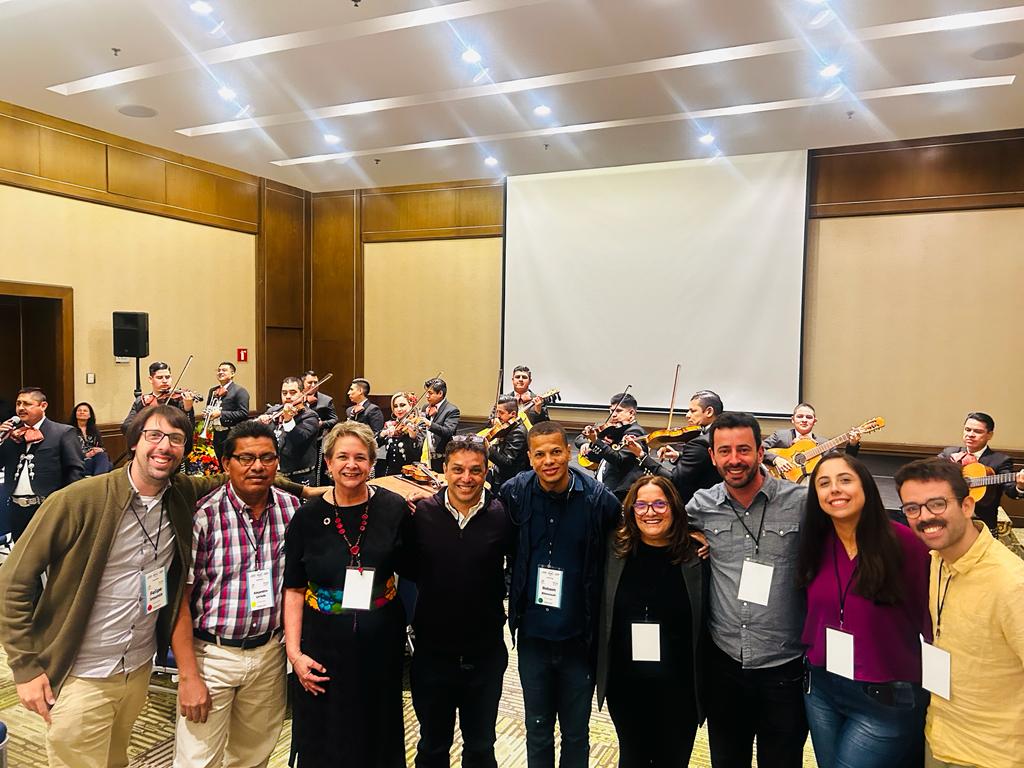 To discuss the different contexts, opportunities, and challenges of community philanthropy in the Americas, 119 guests from ten countries in South, Central, Caribbean and North America met in February in Guadalajara, Mexico. The Brazilian delegation included Felipe Groba, IDIS project manager, and six other representatives of Brazilian Community Institutes, all participants of the
To discuss the different contexts, opportunities, and challenges of community philanthropy in the Americas, 119 guests from ten countries in South, Central, Caribbean and North America met in February in Guadalajara, Mexico. The Brazilian delegation included Felipe Groba, IDIS project manager, and six other representatives of Brazilian Community Institutes, all participants of the 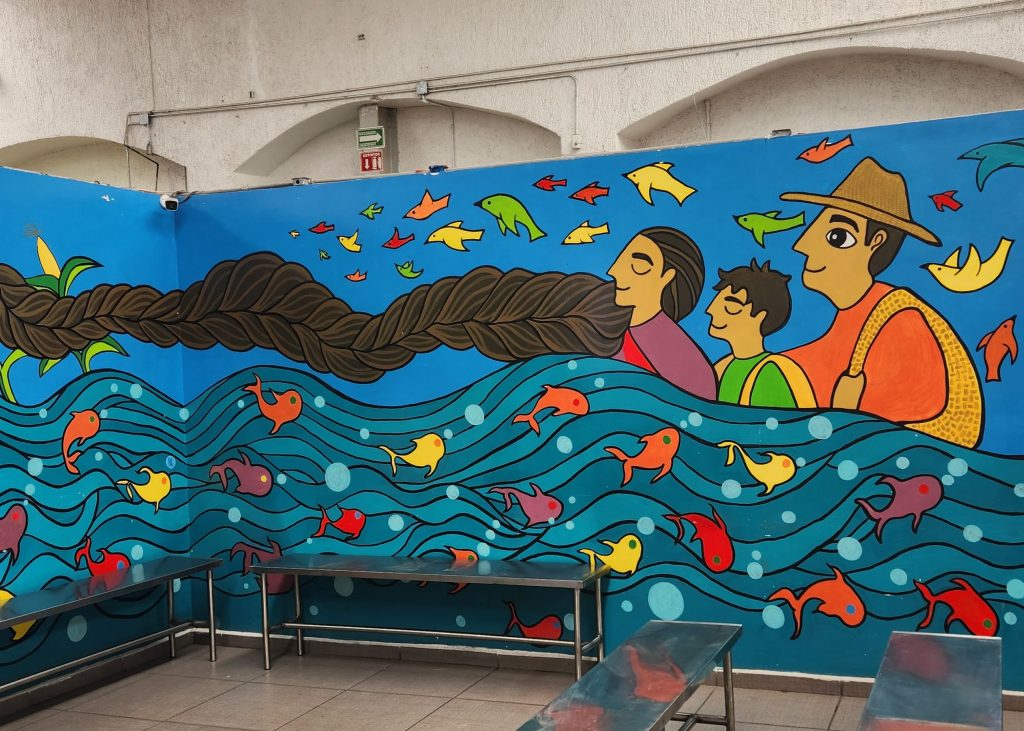
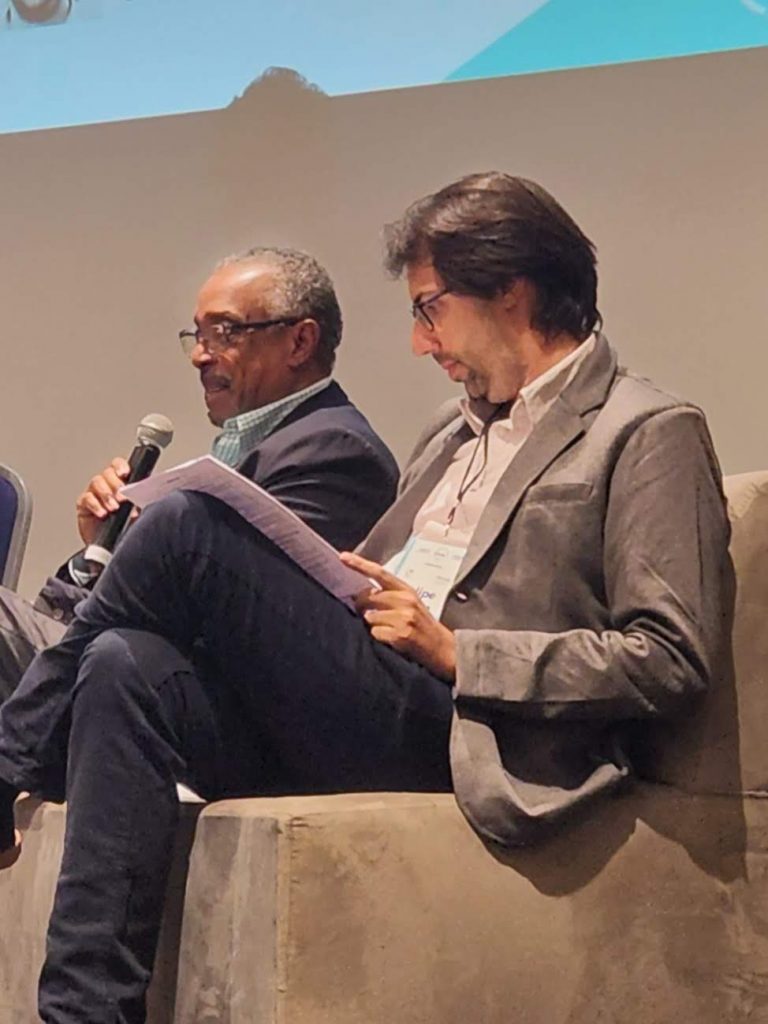 The theme of trust in civil society organizations (CSOs) and their role in expressing the plurality of voices in a territory permeated all discussions. Panelists and event participants reported successful cases of North American grantmaking foundations that have increasingly adopted the donation of free resources – free of charge and without restriction to projects – as a basis for its financial contributions, recognizing the excellence and expertise of social leaders in managing their organizations and allocating resources in order to generate more impact in the long term.
The theme of trust in civil society organizations (CSOs) and their role in expressing the plurality of voices in a territory permeated all discussions. Panelists and event participants reported successful cases of North American grantmaking foundations that have increasingly adopted the donation of free resources – free of charge and without restriction to projects – as a basis for its financial contributions, recognizing the excellence and expertise of social leaders in managing their organizations and allocating resources in order to generate more impact in the long term. Transforming Territories, an initiative by IDIS – Institute for the Development of Social Investment – with the Charles Stewart Mott Foundation to encourage the creation and strengthening of Community Institutes and Foundations in Brazil.
Transforming Territories, an initiative by IDIS – Institute for the Development of Social Investment – with the Charles Stewart Mott Foundation to encourage the creation and strengthening of Community Institutes and Foundations in Brazil.
